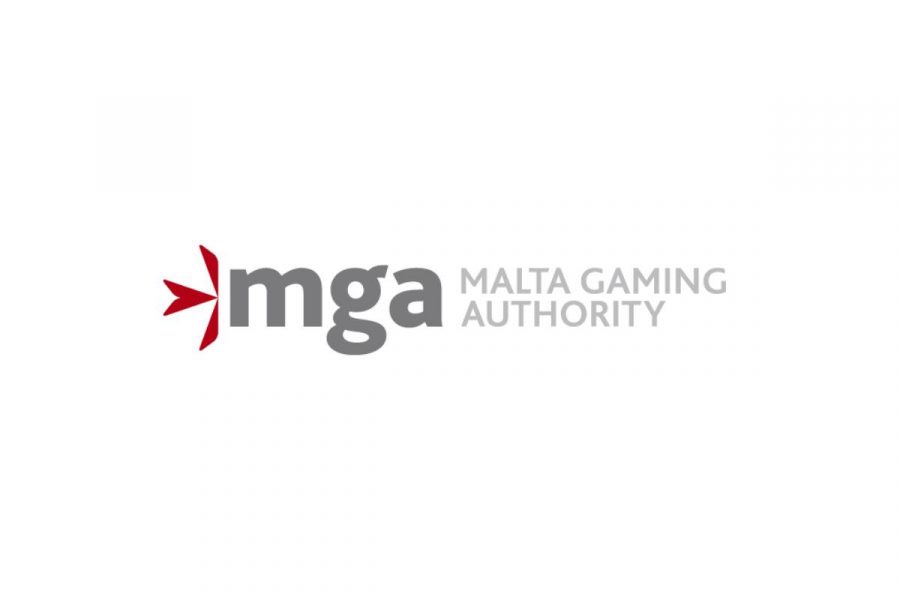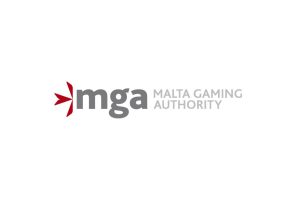MGA updates key functions and auditing requirements

New gaming licence applicants must inform the MGA of the identities of key people.
Malta.- The Malta Gaming Authority (MGA) has updated its requirements for key function holders and auditing with immediate effect. New applicants for Maltese gaming licences will have to inform the authority of the identities of their CEO, compliance executive and AML executive.
Once a licence is granted, the licensee will then have six months to identify the rest of their key function holders. If a key function holder resigns, licensees must inform the MGA within three days and provide an update on a replacement within 15 days. Previously, licence holders had to inform the MGA within three days of a new appointment.
The regulator has also clarified its eligibility requirements for key function holders. CEOs require either three years’ experience in a managerial role plus a bachelor’s degree or higher in a related area, or five years’ practical working experience in a related role.
Compliance executives must have gained two years’ experience in a similar position, rising to four years if they don’t possess at least a bachelor’s degree. Internal auditors must have two years’ experience, or four years if they don’t hold relevant certification.
MGA requirements on suspicious betting and auditing checks
As for auditing, licensees must now clarify that their audited financial statements due 180 days after the end of each financial year have “reasonable assurance” from an auditor of compliance with Gaming Tax Regulations and Gaming Licensee Fees Regulations.
B2C operators must accompany this requirement with a signed declaration affirming that player funds, applicable jackpot funds and a portion of their Player Funds Account balance fall under the terms of their Maltese licence.
Operators must also demonstrate that they can verify that each player account and any subsequent activity is recorded correctly.
On suspicious betting, the MGA recently announced that critical gaming supply operators must now meet the same standard as B2C providers and must report suspicious betting on sporting events to the MGA through its Suspicious Betting Reporting Mechanism (SBRM), which became an obligation for operators at the start of the year.
This includes if one or more bets is voided due to concerns about manipulation.
See also: Malta gaming operators prepared for AML action plan











